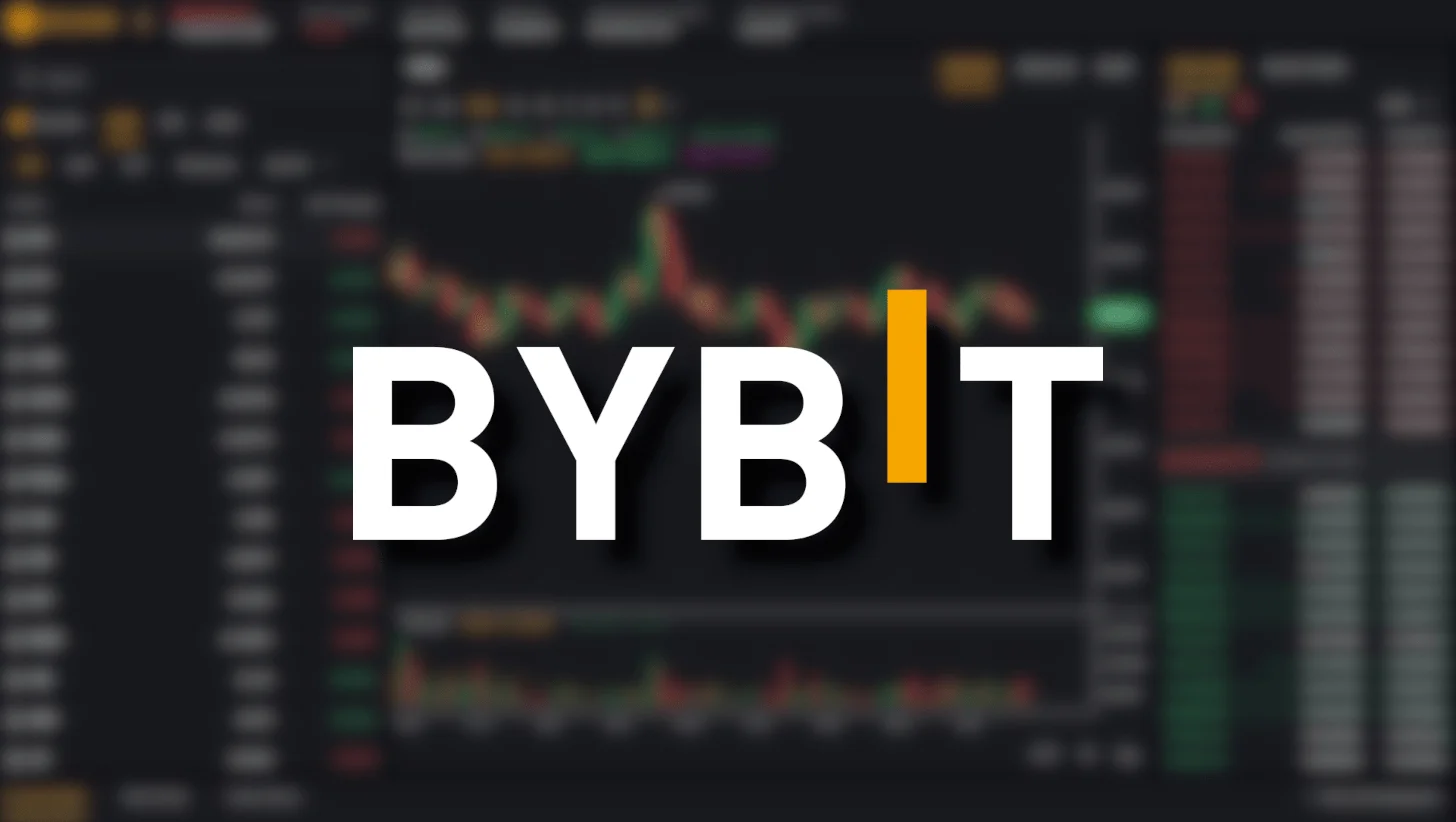Bybit Enters Europe with Full Regulatory Approval
29.05.2025 21:00 1 min. read Alexander Stefanov
Bybit is making a bold move into the European crypto market after securing regulatory approval under the EU’s MiCA framework.
The exchange, now officially licensed by Austria’s Financial Market Authority, is cleared to offer its services across the entire European Economic Area.
The company is anchoring its regional presence in Vienna, where it plans to scale up operations and hire over 100 staff. This strategic expansion puts Bybit in a position to serve nearly half a billion people under a unified regulatory structure designed to increase transparency, consumer protection, and cross-border consistency.
Bybit CEO Ben Zhou described the approval as part of the exchange’s “compliance-first” global strategy. The exchange also intends to collaborate with European universities through its Blockchain for Good Alliance, promoting blockchain adoption and education.
Despite a $1.5 billion hack earlier this year—one of the largest in crypto history—Bybit has rebounded strongly. German authorities have since recovered part of the stolen funds. Today, Bybit ranks as the world’s second-largest crypto exchange by trading volume, operating out of Dubai after relocating its headquarters from Singapore in 2022.
With MiCA now in effect, major players like Bybit are racing to secure footholds across Europe—and Vienna is now its gateway to the bloc.
-
1
Why Coinbase Chose Caution Over a Bitcoin-Maximalist Strategy
12.05.2025 8:00 2 min. read -
2
eToro Upsizes IPO to $620M Ahead of Nasdaq Debut, Takes Aim at Robinhood
14.05.2025 17:00 2 min. read -
3
FTX EU Customers Can Finally Claim Frozen Funds via Backpack
12.05.2025 20:00 1 min. read -
4
Wall Street Rallies as Inflation Cools and Crypto Market Tops $3.5 Trillion
14.05.2025 15:19 2 min. read -
5
Cardano Founder Denies Claims of ADA Fund Misuse Amid Legal Threats
18.05.2025 13:00 2 min. read
Coinbase Expands 24/7 Futures to Solana, XRP, and Cardano Amid Rising Altcoin Demand
Coinbase is gearing up to broaden its futures trading capabilities, introducing round-the-clock contracts for Solana (SOL), XRP, and Cardano (ADA) starting June 13.
Here Are the 10 Most Actively Developed DeFi Projects Right Now
A new report from blockchain analytics firm Santiment highlights which DeFi projects have seen the most developer activity over the past month—and the leaderboard has shifted in unexpected ways.
Shibarium Launches Internal Probe Amid Ecosystem Abuse Allegations
Shiba Inu’s Shibarium team has launched an internal investigation into alleged rug pulls carried out by actors operating within the network.
BlackRock Eyes Major Stake in Circle’s IPO Amid Surging Demand
BlackRock is reportedly preparing to purchase nearly 10% of the shares in Circle Internet Financial Ltd.’s upcoming IPO, expanding its existing role as manager of the Circle Reserve Fund, which backs USDC with roughly $30 billion in assets.
-
1
Why Coinbase Chose Caution Over a Bitcoin-Maximalist Strategy
12.05.2025 8:00 2 min. read -
2
eToro Upsizes IPO to $620M Ahead of Nasdaq Debut, Takes Aim at Robinhood
14.05.2025 17:00 2 min. read -
3
FTX EU Customers Can Finally Claim Frozen Funds via Backpack
12.05.2025 20:00 1 min. read -
4
Wall Street Rallies as Inflation Cools and Crypto Market Tops $3.5 Trillion
14.05.2025 15:19 2 min. read -
5
Cardano Founder Denies Claims of ADA Fund Misuse Amid Legal Threats
18.05.2025 13:00 2 min. read

